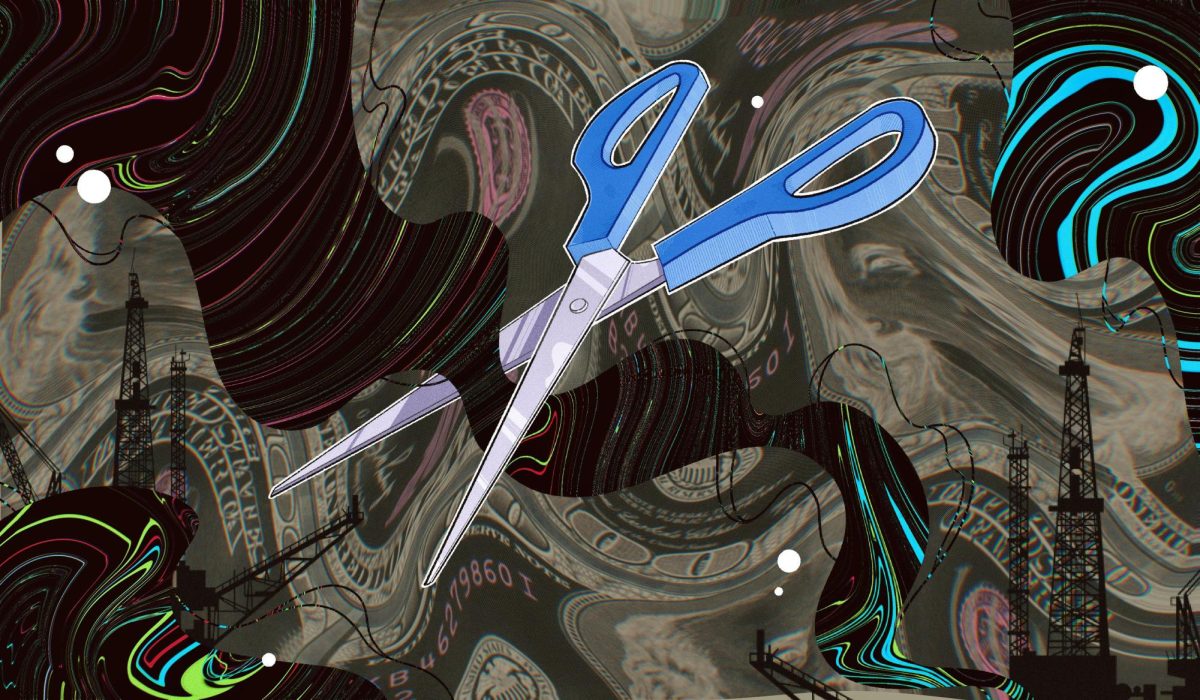Miley Cyrus may “do what she wants,” but she doesn’t play by her own rules. Amid all the twerking and licking, Cyrus’s sexual “movement” is motivated by the males in the industry’s time-honored tradition of selling sex.
Miley Cyrus is just one in a long line of female artists — including Olivia Newton-John, Beyonce and Katy Perry — whose sexy top hits have been written and directed by men, for the most part. Janet Jackson, a sex figure herself, co-wrote and released the single “Let’s Wait Awhile” in 1986. Yet this song, which doesn’t conform to male’s sexual desires, did not win any prestigious awards. “That’s the Way Love Goes,” however, in which Jackson promises in not-so-subtle sexual innuendos to give her lover the time of his life, stayed on the top of Billboard’s Hot 100 for 8 weeks and won her a Grammy. The ideas of passionate, hot sex in this song are considerably more popular than ones containing more conservative ideas about love in her earlier, less popular 1986 single.
This objectification of women in the music industry wrongly perpetuates the image of females as sex objects. A study published in the Journal of Broadcasting and Electronic Media argues that music videos often feature women “as sex symbols that simply must have sex and will submit to any fantasy that a man may have.”
Female artists are depicted as submissive sex icons who, as Cyrus sings in “Wrecking Ball,” will always want you, regardless of how you treat them. Billboard’s poll of the “10 Best Videos of the 2000s” highlights five female artists; four of whom — Beyonce, Rihanna, Britney Spears and Lady Gaga — are gyrating seductively at the camera, or worse. Sex sells, and the men in the industry are capitalizing on it.
Female artists tend to be most successful when catering to men’s sexual desires. Female artists must buy in and strip down, or get left behind amid the glitter and nudity of their competitors. But that leaves women pigeonholed as sex symbols in an industry that should be celebrating talent instead.












